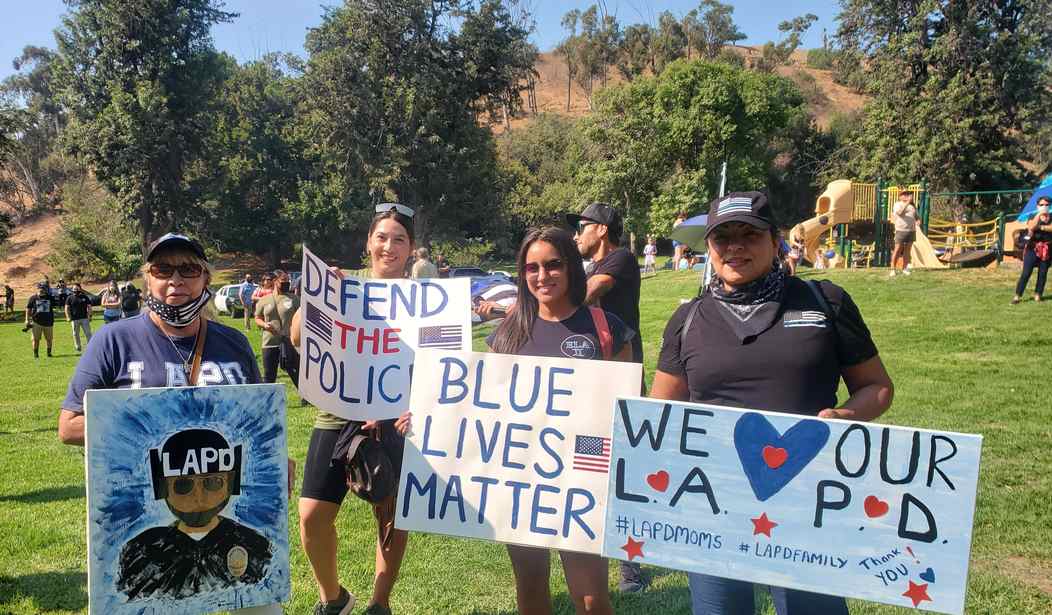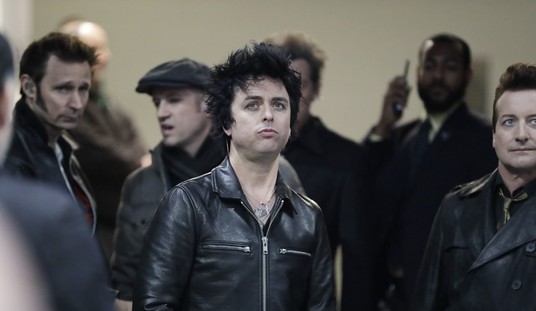Racism used to be a lot easier to understand.
In the old style, racism was — essentially — when someone said, “I am racist.”
These days, it’s when somebody says, “You are racist.”
Quite the change.
And as part of our new paradigm, a professor at Simmons University is pinpointing perniciousness.
As reported by Campus Reform, Felipe Agudelo razed racism during an interview with his employer on June 2nd.
Ambient Digital Racism: an Interview with Assistant Professor Felipe Agudelo | Simmons University https://t.co/sAPwDbIX60
— MuslimARC (@MuslimARC) June 10, 2021
Felipe told the private women-focused college there’s a new kind.
In fact, he said, it’s a “sophisticated and even elegant” form of expression of the “R” word.
The Boston instructor noted the name: “ambient digital racism.”
He compared it to background noise, and it’s a form of hate speech.
Want an example? Consider this:
So goes racism in the modern era.
Another one: “#AllLivesMatter.”
You know how people engage in casual, normal racism? Well, this is different.
And it’s a failure of comprehension.
From Felipe:
“These hashtags represent counter narratives because the argument of ‘You (BLM) are not the only ones that matter’ misses the point of what BLM is saying. We wanted to see how those counter narrative expressions, what we call ambient digital racism, can be confused with normal, casual racist talk that appears harmless but is actually deeply racist.”
It shouldn’t be surprising — after all, our society itself is racist:
“Right now, we live in a racist society, therefore, we have racist people, racist behaviors, racist thoughts, and we have racist knowledge.”
That’s an awful lot of racism. You know it’s bad when even your knowledge is racist.
We’re apparently in the midst of an ever-broadening understanding, gifted by escalating investigation.
As I recently wrote, “Where societal analysis is concerned, we’re truly in a new Age of Enlightenment. No stone is being left unturned, and it seems with every kick of a rock, more racism is revealed.”
On Tuesday, we learned fatphobia comes courtesy of racism: Per a TikToker very familiar with marketing efforts in the year 1721, “White folks have been marketing fatness as a black trait.”
“The message they spread,” she explained, “was that black women specifically were ravenous and uncontrollable and these barbaric traits made them fat.”
By contrast, “Thinness was marketed as a white trait. … The idea was that white women specifically were refined, and restrained and this led them to having delicate, thin bodies.”
In February, it was made clear by the state of Oregon that math is racist. Hence, its “A Pathway to Equitable Math Instruction: Dismantling Racism in Mathematics Instruction.”
We’re also being taught about the differences between races. One might not naturally connect the color of one’s skin to ideas (previously known in some circles as “racism”), but institutions are insisting such lines can indeed be drawn.
Last year, the Smithsonian pegged white traits such as rational linear thinking, hard work, planning for the future, decision-making, and being polite.
And just a few months ago, Coca-Cola offered to aid its employees in their attempts to be “less white,” AKA…
- Less oppressive
- Less arrogant
- Less certain
- Less defensive
- Less ignorant
- More humble
- Listen
- Believe
Back to Professor Felipe, his interview with the university was aimed at promoting his current project, “It’s Not How You Say It, It’s What You Say: Ambient Digital Racism and Racist Discourses on Twitter.”
Its focus: “counter narrative tweets to Black Lives Matter hashtags.”
Evil’s gotten elegant:
“Often, we still believe that racism is expressed in the same ways that it was expressed 100 years ago; through racial slurs or lynching — those types of overt expressions of racism. However, it has evolved into new, sophisticated – even elegant – ways of expressing racism that may sound unintentional, but in reality, that talk is very intentional.”
So watch out for racism, even where talk of freckles is concerned; timing is everything, and so may be hashtags:
“[A]fter George Floyd was killed, one woman posted on Twitter ‘Love my freckles. #AllLivesMatter.’ A statement about loving freckles sounds innocent, but if you go into the details of that tweet, such as the date posted – nine days after George Floyd’s murder – why did she choose to post it during this time? It seems to be asking for some sort of white pride because #AllLivesMatter also goes along with statements like ‘Let’s take back our country’ or discourses suggesting feeling threatened by people of color. Those discourses are starting to shape a new way of thinking, a new way that racism is represented.”
Nine days, as it turned out, was too soon.
How will Americans figure out what not to say and when not to say it? Professor Felipe Agudelo is trying to help with that.
-ALEX
See more pieces from me:
Amazon Offers ‘Blue Lives Murder’ Apparel
Charles Barkley Slams Cancel Culture, Recalls His Fatphobic Fight With San Antonio
Showstopper: Hollywood Actress Hopes Her Children Find Spouses Who ‘Love Jesus the Way I Love Jesus’
Find all my RedState work here.
Thank you for reading! Please sound off in the Comments section below.













Join the conversation as a VIP Member